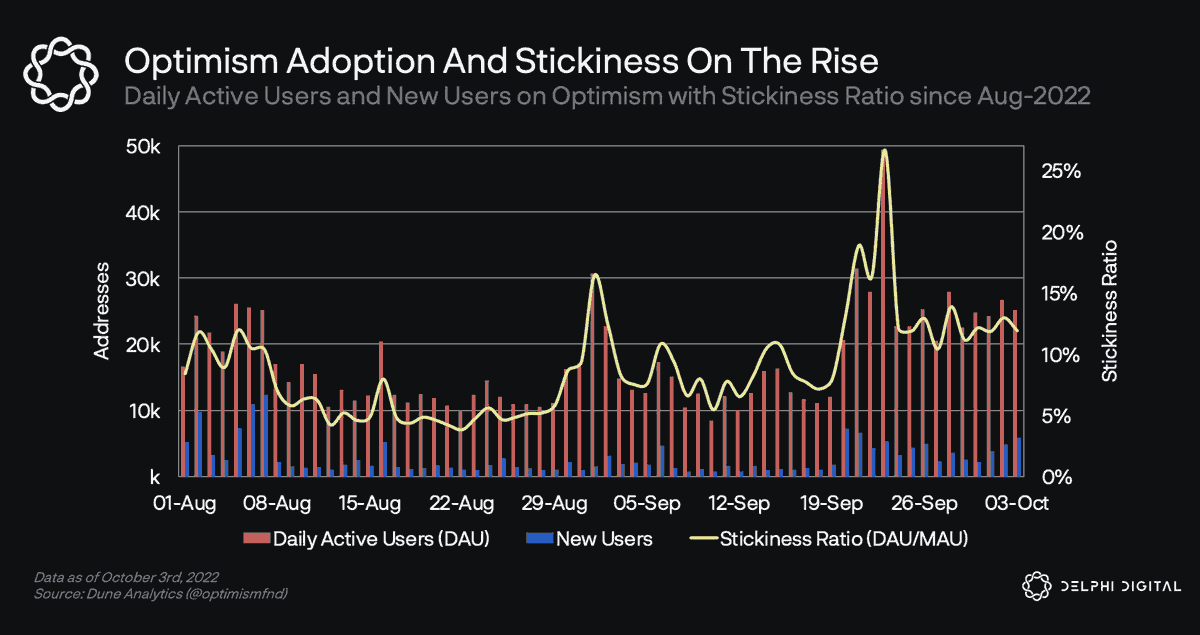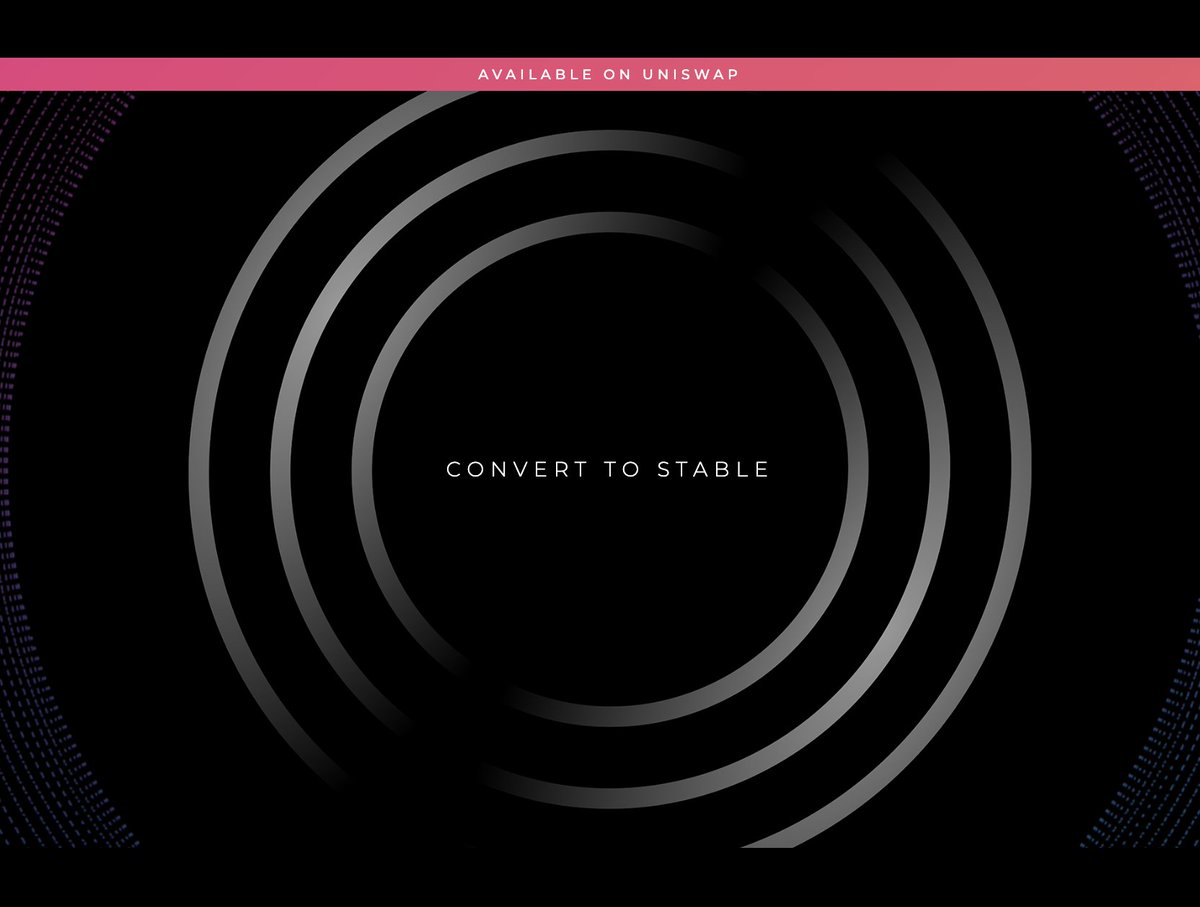
How @landxfinance is Paving the Way for Regenerative Finance to Tackle the Global Crisis
Here's an update on what the project has been doing lately 🧵 👇
Like/RT for others 🤍
Here's an update on what the project has been doing lately 🧵 👇
Like/RT for others 🤍

What I will be covering in this thread:
-What is Regenerative Finance?
-ReFi in Crypto
-The Growing Population
-The Food Crisis
-LandX: Contributing to Positive Change
-Conclusion
#Defi #landx #Yeildfarming 👇
-What is Regenerative Finance?
-ReFi in Crypto
-The Growing Population
-The Food Crisis
-LandX: Contributing to Positive Change
-Conclusion
#Defi #landx #Yeildfarming 👇
As the world's population continues to grow, the demand for food is increasing while farmland is rapidly depleting due to unsustainable farming practices.
Traditional finance has disregarded the negative impact of investments on the environment and society, making regenerative finance essential for positive change.
What is Regenerative Finance?
Regenerative finance goes beyond carbon credits to encompass all financial instruments that use capital for sustainable, systematic positive change. It considers the negative externalities of investments and includes them in the analysis.
Regenerative finance goes beyond carbon credits to encompass all financial instruments that use capital for sustainable, systematic positive change. It considers the negative externalities of investments and includes them in the analysis.
The demand for regenerative finance is rising as investors become more conscious of the negative impact of traditional finance.
ReFi in Crypto
Traditional finance has been externality agnostic, but decentralized finance (DeFi) is known for its environmentally conscious approach to investment analysis.
Traditional finance has been externality agnostic, but decentralized finance (DeFi) is known for its environmentally conscious approach to investment analysis.
Transactions on-chain provide transparency, and decentralized autonomous organizations allow stakeholder input in governance. DeFi is a solution for the pitfalls preventing effective execution of regenerative finance in traditional finance.
The Growing Population
The global population has more than quadrupled over the last 100 years, increasing the demand for food. The maximum carrying capacity for our planet lies between 9 billion to 10 billion people.
The global population has more than quadrupled over the last 100 years, increasing the demand for food. The maximum carrying capacity for our planet lies between 9 billion to 10 billion people.
Without sustainable and regenerative farming practices, Earth is heading for a catastrophic food shortage in the next 20 years.
The Food Crisis
Food insecurity has been steadily rising since 2018 due to climate shocks, regional conflicts, and pandemic fallout.
The Food Crisis
Food insecurity has been steadily rising since 2018 due to climate shocks, regional conflicts, and pandemic fallout.
The availability of affordable food is at its worst point in recorded history. Unsustainable soil management practices are causing a stunning depletion rate of arable land. Earth has lost a third of its arable land in the past 40 years, even as the demand for food rises.
LandX: Contributing to Positive Change
LandX represents a fundamental shift in investment analysis, essential for tackling the imminent crisis. It provides an ideal template for welcoming regenerative finance into mainstream investments.
LandX represents a fundamental shift in investment analysis, essential for tackling the imminent crisis. It provides an ideal template for welcoming regenerative finance into mainstream investments.
The problems LandX solves are intrinsically linked to substantial positive impact on climate change, global hunger, and sustainable farming practices.
Environmental, Social, and Governance (ESG) assets under management are projected to reach $33.9 trillion by 2026.
Environmental, Social, and Governance (ESG) assets under management are projected to reach $33.9 trillion by 2026.
LandX is contributing to positive change through regenerative finance, which is the need of the hour.
Conclusion
LandX is leading the way in the crucial evolution towards regenerative finance, which emphasizes the positive impact of investments on the environment and society.
Conclusion
LandX is leading the way in the crucial evolution towards regenerative finance, which emphasizes the positive impact of investments on the environment and society.
By incorporating negative externalities into comprehensive investment analysis, regenerative finance ensures that financial returns are produced as a result of doing business sustainably.
As the world faces unprecedented challenges, such as population growth and food scarcity, it is clear that regenerative finance is no longer a choice but a necessity.
Through LandX's innovative approach to sustainable farming practices, the company is making significant strides towards creating a better future for all.
If you appreciate the effort, here's the first tweet below
Please RT/like if you found this thread interesting 👇
Thank you 🫂 🤍
Please RT/like if you found this thread interesting 👇
Thank you 🫂 🤍
https://twitter.com/1373665408193036293/status/1630871169766158336
• • •
Missing some Tweet in this thread? You can try to
force a refresh













